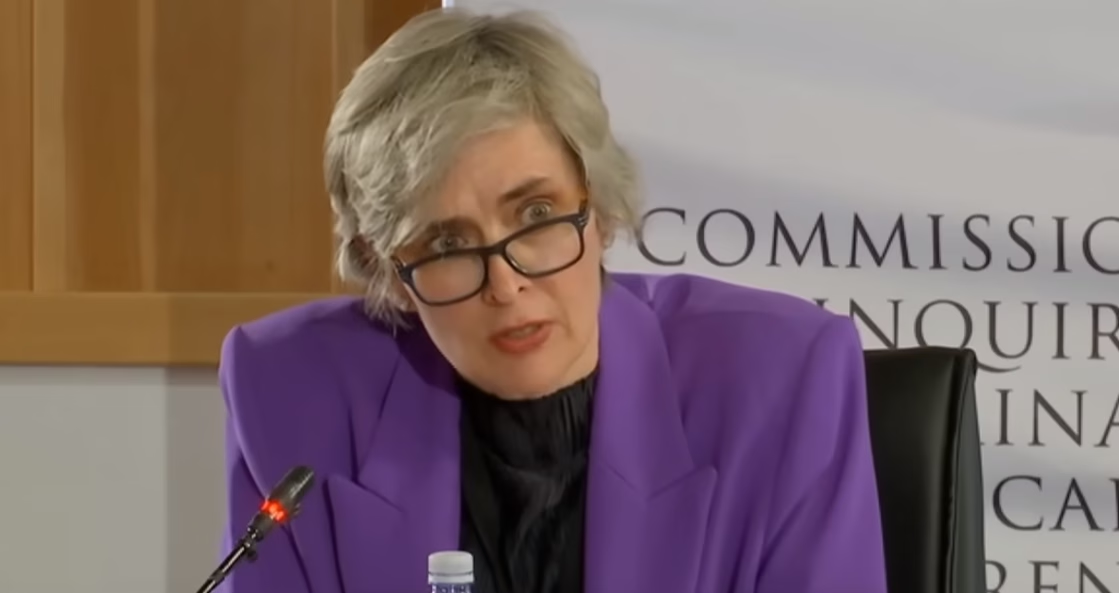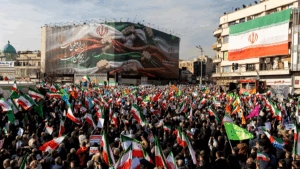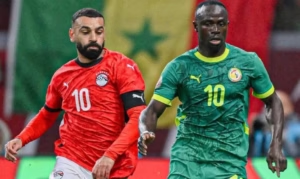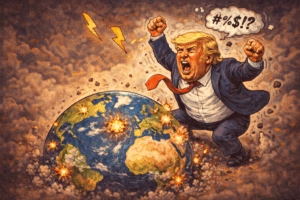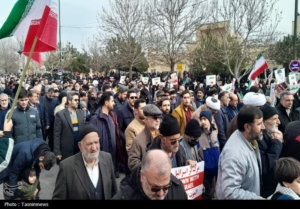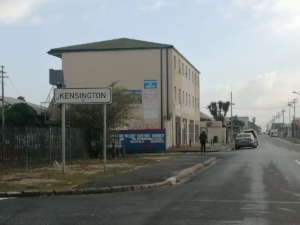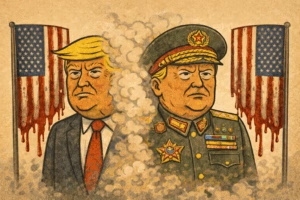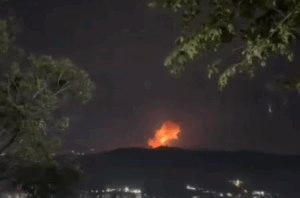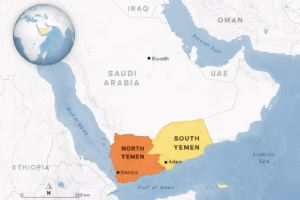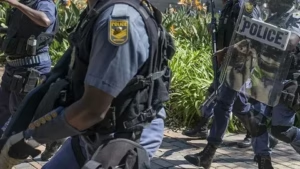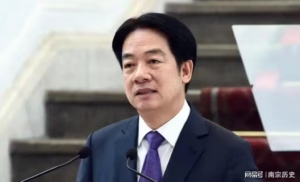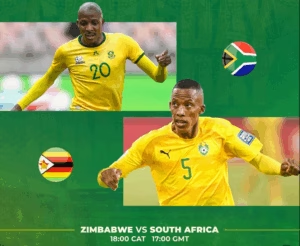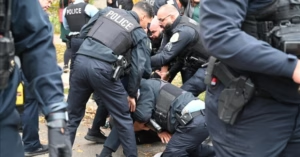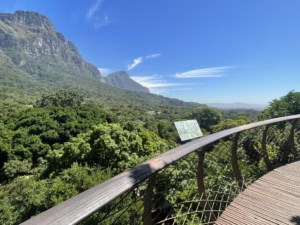The Madlanga Commission has heard that Parliament neglected its constitutional duty of oversight by failing to address serious claims of political meddling in the South African Police Service. Months before KwaZulu-Natal Police Commissioner Lieutenant-General Nhlanhla Mkhwanazi’s dramatic public statements in July, concerns had already been raised, yet the Portfolio Committee did not act.
Major-General Patronella Van Rooyen, an expert from the SAPS, testified that this inaction reflected poorly on Parliament’s responsibilities.
“So the fact that the Portfolio Committee didn’t act on that is, in my mind, a failure of their mandate,”
she told the inquiry.
“Even if they initiated an investigation, called the management of the police to come and explain, that would already have been an exercise of oversight on their part to ensure that the matter received attention.”
On 6 July, Mkhwanazi appeared before the media, dressed in a Special Task Force uniform and flanked by heavily armed tactical officers. In that briefing he accused Police Minister Senzo Mchunu of directly interfering with police investigations, including issuing instructions to disband the Political Killings Task Team. The allegations sparked national debate, not only because of the high-profile figures involved but also because of their implications for the integrity of policing structures.
Both Mkhwanazi and National Commissioner Fannie Masemola went further, stating that Mchunu shielded entrenched criminal networks operating within both political and policing circles. These claims widened the scope of the controversy, raising pressing questions about accountability, transparency, and the rule of law.
At the heart of the dispute is whether the minister had the authority to make such far-reaching operational decisions. Van Rooyen argued that he did not. She explained that while the executive has powers linked to policy and oversight, operational decisions involving investigative teams fall outside the ministerial mandate.
“To manage and control the police service, that must be linked to manage and control the police service in the execution of its constitutional mandate,”
she testified.
“And the decision of the minister to close a political task team that was responsible for the investigation of crime, in my view, fell outside the mandate or authority of the minister.”
Mchunu, alongside suspended deputy commissioner Shadrack Sibiya, also faces allegations of maintaining connections with controversial businessmen Vusimuzi “Cat” Matlala and Katiso Molefe. These ties, according to testimony presented before the commission, cast doubt on the independence of critical police functions and deepen concerns of political capture of law enforcement structures.

